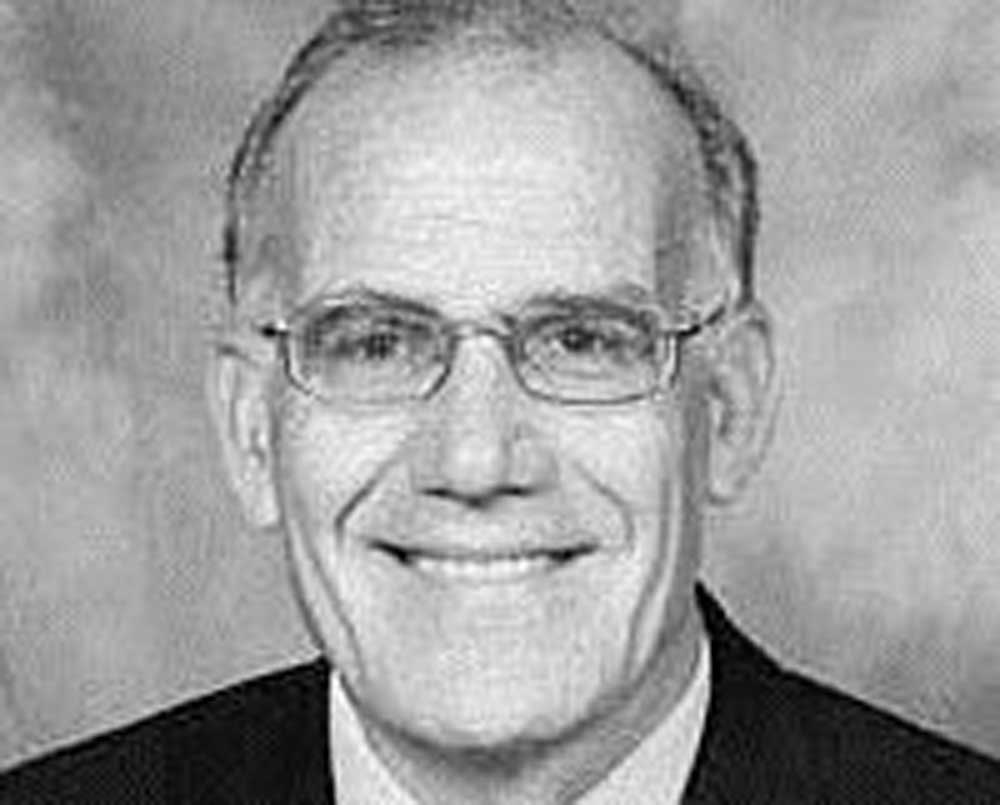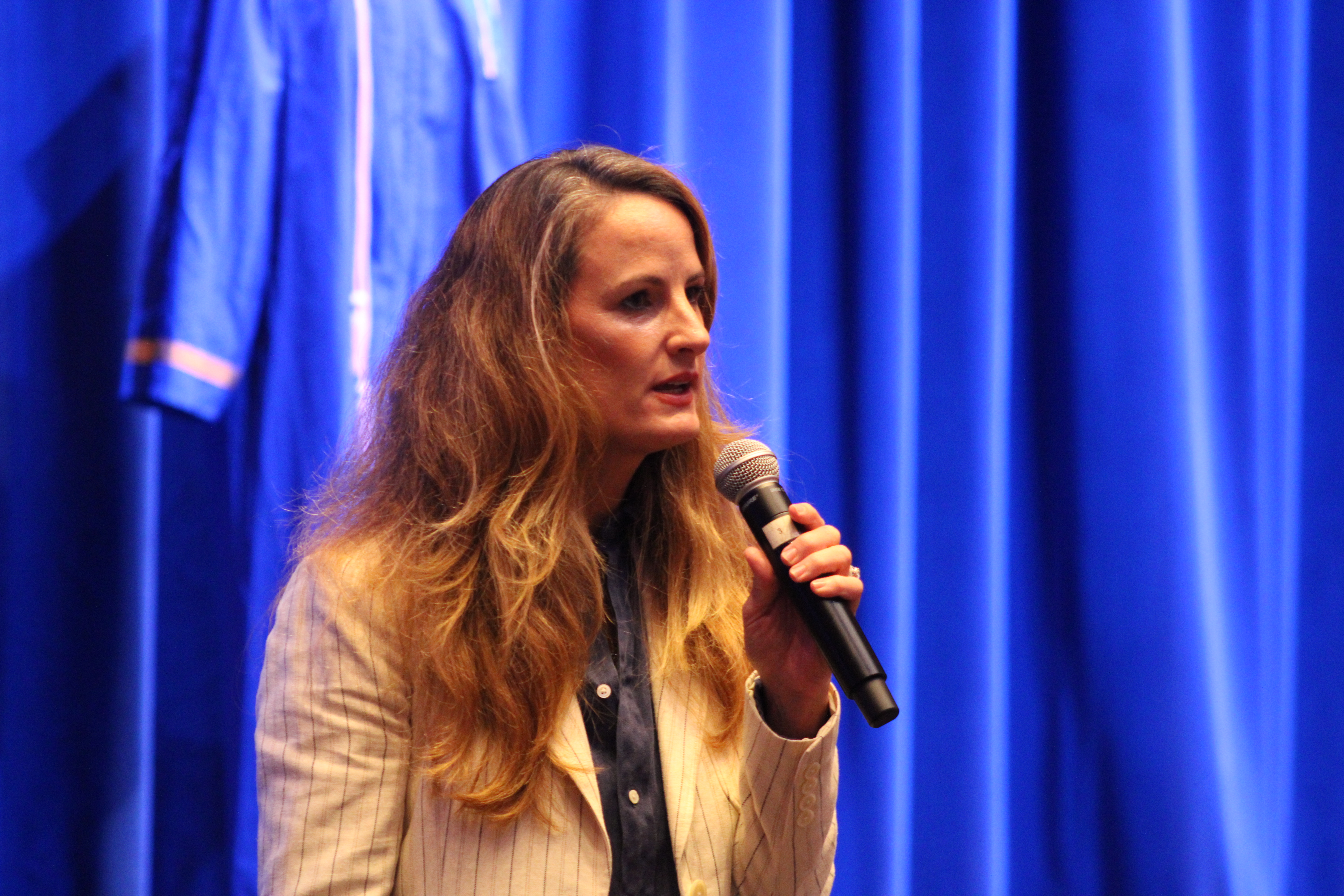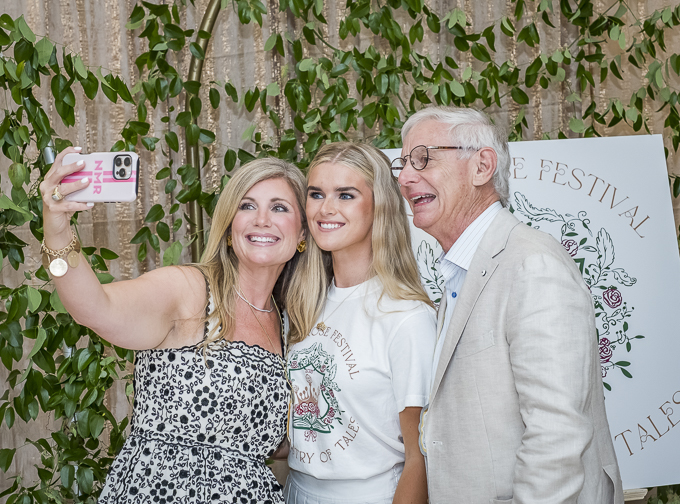Think old prejudices are dead? Think again
Published 1:40 am Saturday, February 9, 2019

- VICTOR DAVIS HANSONTribune Content
In the latter half of the 19th century and early in the 20th century, as Catholic immigrants poured in from Ireland and eastern Europe, an anti-Catholic wave spread over a mostly Protestant United States. The majority slur then was that Catholic newcomers’ first loyalty would be to “Rome,” not the U.S.
Anti-Semitism grew even more deeply rooted, marked by Ivy League quotas on Jewish applicants and exclusionary clauses against Jews in clubs and neighborhoods. It was no accident that the Ku Klux Klan often targeted Catholics and Jews as well as African-Americans.
Trending
Most of these injustices grew from both original prejudices (as evidenced by slavery) and fears of demographic change.
The stereotyped hatreds were battled by the melting-pot forces of assimilation, integration and intermarriage. Civil rights legislation and broad education programs gradually convinced the country to judge all Americans on the content of their characters rather than the color of their skins or their religious beliefs. And over the last half-century, the effort to end institutional bias against African-Americans largely succeeded.
But recently, other ancient prejudices have been insidiously returning. And this time, the bias is more subtle, and it can be harder to address than traditional racism against nonwhite populations. The new venom, for example, is often spread by left-wing groups that claim victim status themselves and thus, by their logic, should not be seen as victimizers.
Progressive senators such as Dianne Feinstein, D-Calif., Kamala Harris, D-Calif., and Mazie Hirono, D-Hawaii, have attacked judicial nominees on grounds that they are Catholic, apparently because the Catholic Church and its affiliates officially disprove of abortion and gay marriage.
Recently, a number of newly elected congressional representatives — Ilhan Omar, Alexandria Ocasio-Cortez and Rashida Tlaib — have voiced virulent anti-Israel bias that came off as anti-Semitic. Rep. Hank Johnson, D-Ga., compared Jewish settlers on the West Bank to “termites.”
Universities feel free to discriminate against Asian-Americans because their hard work and excellent preparation often leads to superb grades, test scores and application credentials. In other words, Asian-Americans supposedly distort progressive agendas of proportional representation, disparate impact and diversity by overachieving and being overqualified — purportedly robbing spots from other minority applicants.
Trending
Asian-American achievement also disproves the old canard that prejudice makes it impossible to find parity in the United States.
What is behind the rebirth of these old prejudices? In short, new, evolving prejudices.
First, America seemingly no longer believes in striving to achieve a gender-blind, racially and religiously mixed society, but instead is becoming a nation in which tribal identity trumps all other considerations.
Second, such tribal identities are not considered to be equal. Doctrinaire identity politics is predicated on distancing itself from white males, Christians and other groups who traditionally have achieved professional success and therefore enjoyed inordinate “privilege.”
Third, purported victims insist that they themselves cannot be victimizers. So, they are freer to discriminate and stereotype to advance their careers or political interests on the basis of anything they find antithetical to their own ideologies.
The Democratic senators who questioned the morality of judicial nominees’ religion likely would not treat a Muslim nominee in the same manner — although one could make the argument that contemporary Islam has had as many or more problems with gender equity as Western Catholicism has.
Calling any other ethnic group other than Jews “termites” might have earned Johnson congressional censure.
What once helped to diminish ancient prejudices was the American creed that no one had a right to discriminate against fellow citizens on the basis of race, gender, class or religion.
And what fuels the return of American bias is the new idea that citizens can disparage or discriminate against other groups if they claim victim status and do so for purportedly noble purposes.
The more attitudes and agendas may change, the more they stay the same.






